US Orders Airliners to Comply with Chinese Notification Demands
Even as it defies China's illegal territorial claims with military flights, the Obama administration is urging US airlines to comply.
Even as it defies China’s illegal territorial claims with military flights, the Obama administration is urging US airlines to comply.
Peter Baker and Jane Perlez for NYT (“Airlines Urged by U.S. to Give Notice to China“):
Even as China scrambled fighter jets to enforce its newly declared air defense zone, the Obama administration said on Friday that it was advising American commercial airlines to comply with China’s demands to be notified in advance of flights through the area.
While the United States continued to defy China by sending military planes into the zone unannounced, administration officials said they had made the decision to urge civilian planes to adhere to Beijing’s new rules in part because they worried about an unintended confrontation.
Although the officials made clear that the administration rejects China’s unilateral declaration of control of the airspace over a large area of the East China Sea, the guidance to the airlines could be interpreted in the region as a concession in the battle of wills with China.
“The U.S. government generally expects that U.S. carriers operating internationally will operate consistent with” notice requirements “issued by foreign countries,” the State Department said in a statement, adding that that “does not indicate U.S. government acceptance of China’s requirements.”
The decision contrasted with that of Japan’s government this week, when it asked several Japanese airlines, which were voluntarily following China’s rules, to stop, apparently out of fear that complying with the rules would add legitimacy to Chinese claims to islands that sit below the now contested airspace. China’s newly declared zone, experts say, is intended mainly to whittle away at Japan’s hold on the islands, which it has long administered.
[…]
The American decision drew criticism from some quarters. Stephen Yates, a former Asia adviser to Dick Cheney when he was vice president, said it was “a bad move” that would undercut allies in the region that take a different stance.
But Strobe Talbott, a former deputy secretary of state under Bill Clinton and now president of the Brookings Institution, said it was important to avoid an accident while drawing a firm line. “The principal option is to be extremely clear that disputes” over territory “must be resolved through diplomacy and not unilateral action,” he said.
[…]
The administration’s decision on Friday underscored the delicate position President Obama finds himself in, drawn into a geopolitical dispute that will test how far he is willing to go to contain China’s rising regional ambitions.
China’s move thrust the United States into the middle of the already prickly territorial clash between Beijing and Tokyo, a position the administration had avoided for months even while reiterating that the mutual defense treaty with Japan covers the islands. After the Chinese declaration last weekend, American officials feared that, if left unchallenged, the Chinese action would lead to ever greater claims elsewhere in the Pacific region.
But with planes flying so fast and in such proximity, the administration’s worries grew that an accident or an unintended confrontation could spiral out of control. A midair collision between a Chinese fighter jet and an American spy plane off the coast of China in 2001 killed the fighter pilot and forced the spy plane to make an emergency landing on Hainan Island, setting off a diplomatic episode until Beijing released the American crew and sent the plane back, broken into parts.
“The challenge here, as with April 2001, is when you have an unexpected crisis, things escalate very, very quickly without any plans for de-escalation,” said Jon M. Huntsman Jr., Mr. Obama’s first ambassador to China. “That’s one of the big challenges we have in the U.S.-China relationship.”
NPR‘s Eyder Peralta (“U.S. Urges Commercial Airlines To Comply With New Chinese Air Zone“) adds some useful detail:
“The U.S. government generally expects that U.S. carriers operating internationally will operate consistent with NOTAMs (Notices to Airmen) issued by foreign countries,” State said in a statement Friday night. “Our expectation of operations by U.S. carriers consistent with NOTAMs does not indicate U.S. government acceptance of China’s requirements for operating in the newly declared ADIZ.”
As we’ve reported, China released a map and coordinates that included the islands in its air defense zone last week. Japan, which also claims the islands and more importantly what are thought to be the oil-rich waters around them, quickly protested. And the United States, which is obligated by treaty to defend Japan against aggression, also protested by sending B-52s through the airspace.
And BBC (“US carriers urged to comply with China air zone rules“) adds,
The air defence identification zone (ADIZ) covers a vast area of the East China Sea, including a group of islands claimed by Japan, China and Taiwan.
South Korea claims a submerged rock, known as Ieodo, also within the zone.
The establishment of the ADIZ has caused widespread anger, with the US state department calling it “an attempt to unilaterally change the status quo in the East China Sea” which will “raise regional tensions and increase the risk of miscalculation, confrontation and accidents”.
But on Friday, the state department said the US government “generally expects that US carriers operating internationally will operate consistent with Notams [Notices to Airmen] issued by foreign countries”.
Ultimately, while I agree with Yates that urging US carriers to accede to China’s illegal demands sends the wrong signal, the administration is balancing this situation correctly. We’ll rightly continue to sail our fleet and fly our military fighters and bombers into international space claimed by China, daring them to do anything about it. But we shouldn’t expect civilian pilots and their civilian passengers to risk their lives to police territorial claims. That’s a job for our military.
Beyond that, it appears that compliance with NOTAMs, even disputed ones, is SOP for commercial carriers.
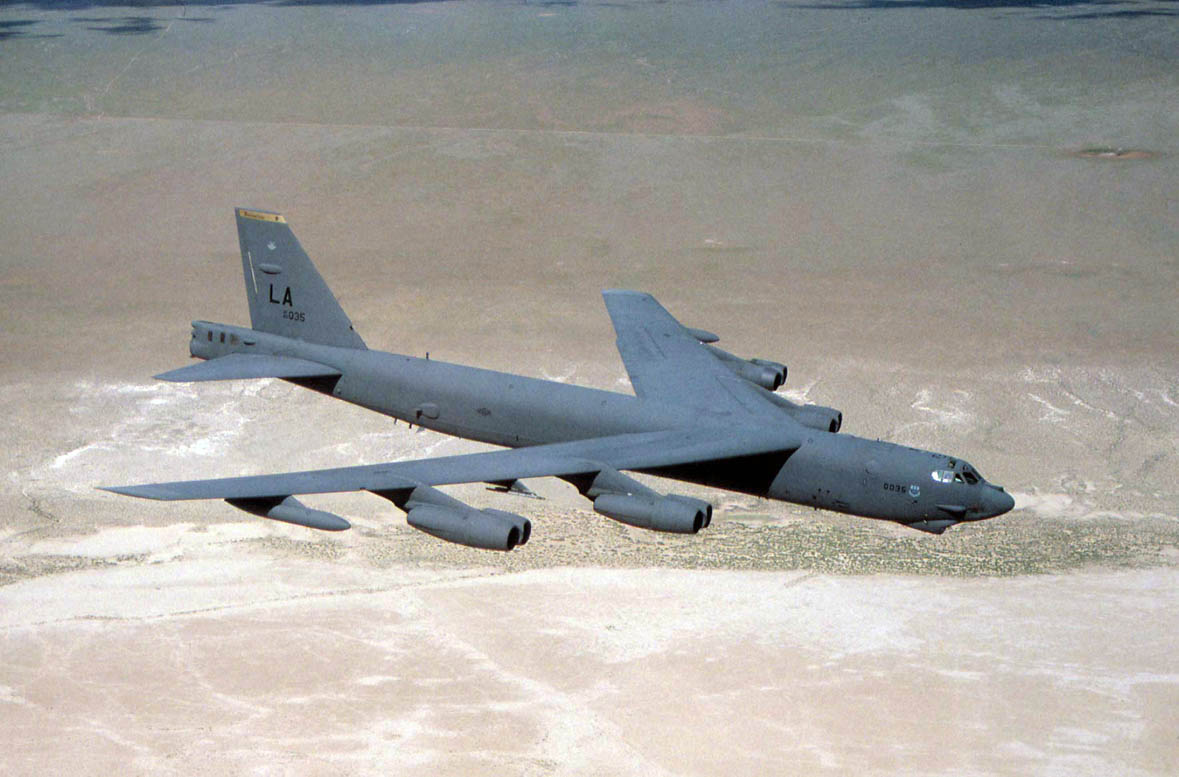

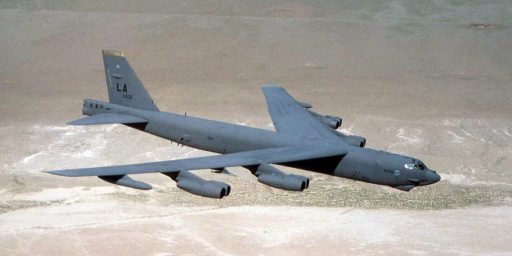
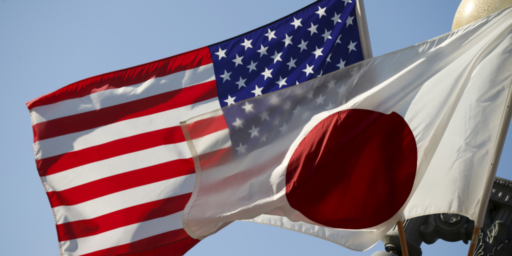

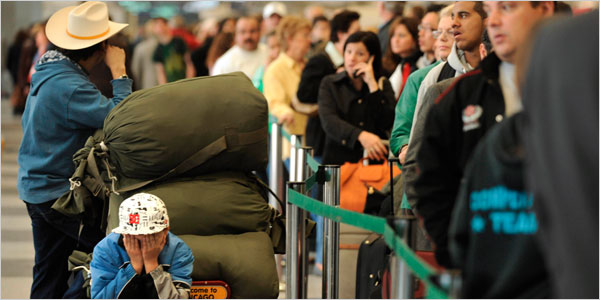
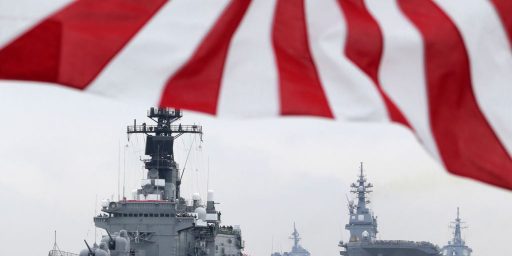
They were advised, not ordered. A bit of a difference.
I think the US seeks to set a status-quo where the new “zone” is both real and not real.
It may be that in order to do that they need to run a US military flight through once a month, but then let the airlines notify.
I think a “confused” outcome is the best we can hope for, and would be good enough.
I believe the Chinese have clarified that the air defense identification zone is not a territorial claim.
We know what happens when civilian airliners stray through sensitive ADIZs. with nervous air defense people at the controls.
@cjdavis: It’s a distinction without meaning here. The FAA is the regulatory body that permits airliners to operate. Their “expectation” is tantamount to a regulatory requirement.
I find it highly unlikely that China is going to shoot down anything in the ADIZ. If they even scrambled a jet to harass a commercial airliner, they would lose some serious face in the world. I gotta believe they’re not going to cause any trouble unless they are 100% sure that a flight is both military and they won’t end up with egg on their face when it ignores them. While I respect Mr. Huntsman’s opinion which is very qualified here, I think the situation with the spy plane was a bit different, no? China likely knew what it was before they sent up their fighter.
@Franklin:
Although I’m inclined to agree, I see no reason to take the chance. Flying through the zone during a routine passenger or cargo flight would be a foolish risk to take, even if the chances of a confrontation are slight.